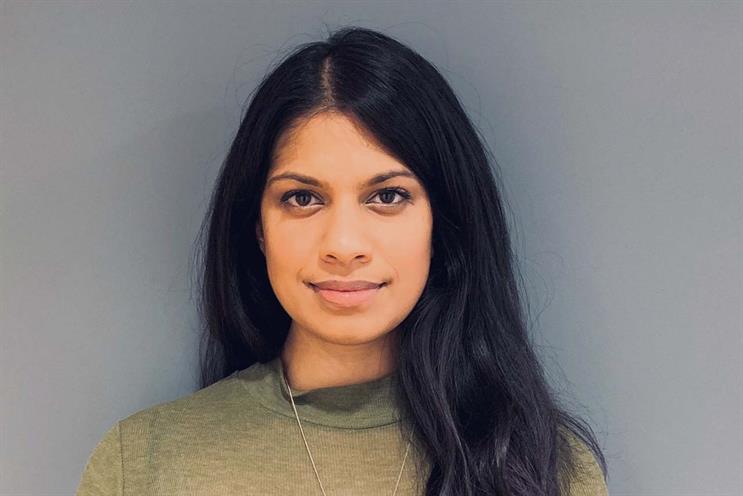Earlier this month, I went to Chicago’s 3% Conference, an incredible two-day event that celebrated diversity in advertising. However, as a woman of colour, it was much more than a work conference for me. It felt life-affirming to be surrounded by so many people representing all kinds of diversity – people like me who have often felt outside the status quo.
It’s a feeling I can put proof behind. According to IPA research, in the UK only 12% of creative directors are women; at the C-suite level, 30.9% are female, with 4.7% being from a black, Asian or minority-ethnic background. Things are moving in the right direction but, as these numbers demonstrate, there is still a clear majority in power: white men.
A few days after I flew home, my blood still pumping from the conference, I read an article about a group of white men at a leading agency who may have felt discriminated against. The reaction to it made something very clear to me: we are a house divided.
What we don’t talk about in our diversity conversation is that some white men are feeling threatened. Not because of sexism, racism or any other kind of "ism", but perhaps because they feel like they’re not all that welcome any more. Yes, we can shout "privilege!" at this (I certainly have in the past) but, on reflection, I think that as diverse people we must empathise with this feeling of exclusion, just as we ask others to empathise with us. After all, war: what is it good for?
I felt this spirit of solidarity strongly in the air of The 3% Conference. A point that came up time and time again was that men are not the enemy. In fact, one of the organsation’s three codes of conduct is "no man bashing", which states that, far from being the problem, men are "part of the solution". A message that, sadly, so often gets lost within our diversity narrative.
From a personal perspective, a number of white men have been instrumental in my career. White men have hired me, reassured me, mentored me, pushed me, promoted me – and I know first hand that there are lots of other diverse people who have had the same experience. In our industry, there are many empathetic white men who are using their power to further this diversity agenda. Are we talking about this point enough?
But, white men, we still need more from you. Because we can all work harder to raise our consciousness on diversity. You don’t need a PhD in wokeness to advance this agenda, but there are little actions that make a big difference.
Such as not going to a panel where there are only white male speakers. Or calling out sexist, stereotypical work in creative reviews. Or speaking up when you see discrimination happening. (For more suggestions like these, check out the 3% "".)
We also need to create cultures where all people can flourish. As one speaker at the 3% Conference said: "Hiring diverse talent is the science, truly integrating them is the art." When a person feels like an outsider, they shrink. They don’t do their best work. And, crudely speaking, that means the agency doesn’t get its money’s worth from that individual. So ask yourself: does everyone in your agency feel at home? Consider inclusivity training in 2019 – is a brilliant organisation that can help with this.
Now, more than ever, we need to think about inclusivity as a business imperative. Why? Look around you. Across TV, film, publishing, theatre and fashion, we’re being told different stories from different perspectives. And it’s selling. Many believe this represents a fundamental cultural shift, not a passing fad. So if we want to stay ahead of this curve, we must ensure diverse people work within cultures that empower them to bring their difference to the creative process.
Throughout my career, I’ve kept quiet in this diversity conversation. I’ve put my head down because I wanted a reputation for being a damn good strategist, not the brown girl talking about brown stuff. But screw that. Because this conversation is about the work. It’s about who we are and how we value and respect one another – things that have everything to do with the work. And it’s rocket fuel for creativity. As Sir John Hegarty said: "Creativity absolutely thrives on diversity. The more influences that come into you, the more incredible your work is going to be."
I’ll be honest – I have been confronted by the layers of complexity within this diversity issue many, many times in writing this article. There are no quick fixes or silver bullets. But there is one simple truth: we must work side by side to build an industry where everyone, including white men, can be unapologetically themselves and be at their very best.
Dear white men, we can’t do this without you.
Imali Hettiarachchi is strategy director at Bartle Bogle Hegarty London


